Dan Smith is no stranger to hospitals.
In the last few years, he’s endured three knee surgeries, prostate surgery, battled diverticulosis and had a portion of his colon removed.
In his younger days, Smith, now 67, worked as an X-ray technician at Spectrum Health Blodgett Hospital. He met his now-wife-of-41-years, Rose, there.
With all this hospital exposure, Smith recognizes the importance of getting regular physicals. And colonoscopies.
He knows how quickly health can turn on you.
“I was not having any pain at all,” said Smith, who received his diverticulitis diagnosis in February. “But I was having some air in my bladder. Sometimes when I got done peeing a little bit of air would come out. I thought ‘this is not normal’ so I went to see a urologist. He said the only way you get air in your bladder is if you have a fistula.”
A fistula is an abnormal, tube-like connection between two organs.
A scope confirmed the urologist’s suspicions and he referred Smith to Rebecca Hoedema, MD, a Spectrum Health Medical Group colorectal surgeon.
“The odd thing was I was having no pain,” said Smith, 67. “Usually with that, there’s a lot of pain involved. They don’t know why I wasn’t feeling pain.”
Dr. Hoedema informed Smith she needed to do surgery and remove part of his colon.
“We had a Disney cruise planned with our kids and grandkids on Feb. 9,” Smith said. “Dr. Hoedema said, ‘You’re fine, you can go on the cruise then we’ll do the surgery when you get back.’”
The couple, their children and 10 of their grandchildren headed to Florida to board the ship.
It provided a perfectly timed getaway for Smith, with enough activity to keep his mind off his surgery.
“We got on the ship and took a three-day cruise to the Bahamas,” Smith said. “The weather was great. I didn’t even think about my surgery and I wasn’t having any pain.”
On March 1, still tan from his romp in the Bahamas, Smith underwent robotic surgery.
Dr. Hoedema said the connection between Smith’s colon and bladder was also the culprit for a urinary tract infection, later found to be related to diverticular disease.
During a robotic surgery procedure at Spectrum Health Blodgett Hospital, Dr. Hoedema disconnected the fistula and removed Smith’s sigmoid colon, which was the source of the infection.
“The bladder opening would heal once the connection was separated,” Dr. Hoedema said. “He is doing great and recovered well from the robotic surgery. He is back to his normal baseline.”
Smith, a retired automobile plant machine repairman, said his long litany of surgeries have been worth it.
“It’s sad that you have to go through all of these things, with all the surgeries I’ve had in the last couple of years, but the ultimate goal was to get me better and they absolutely did that,” he said.
With his health in order, it allows more time for him and his wife to camp in their travel trailer.
“It was our intent to get this camper and go around the United States,” Smith said. “We recently pulled our camper down to Western Kentucky to watch the eclipse. It was a 550-mile trip and it took us 12 hours to get down there pulling the camper.”
Because of his colon issues, he’s become an advocate for colonoscopies.
No matter where he travels, or whom he meets, whether talking to old friends or new, he encourages people to get their colonoscopies done regularly.
“People cringe at that, but you want to know,” Smith said. “You don’t want to stick your head in the sand. My dad did that and he died early of pancreatic cancer. He died at 58. I had my first colonoscopy when I was 50. They found some polyps. They were not cancerous, but they were of the type that could be so they took those out.”
He wants others to be proactive, too.
“We live in a day and age when the medical advances are now tremendous,” he said. “If you just do your screenings. I tell people, ‘You need to do this. You definitely have to do this.’”
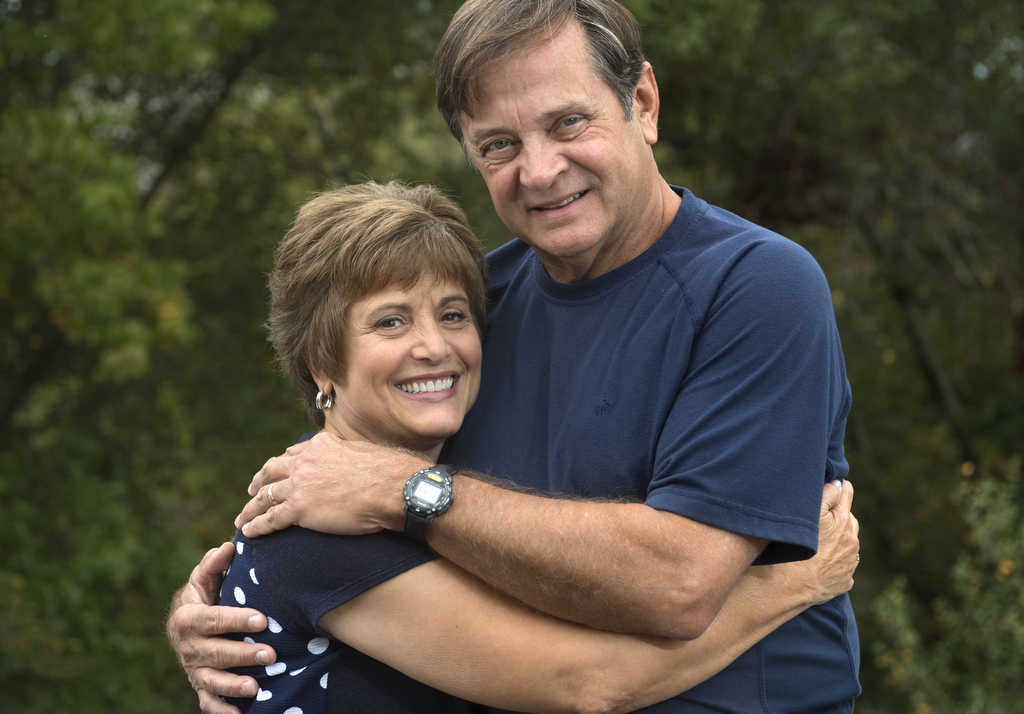
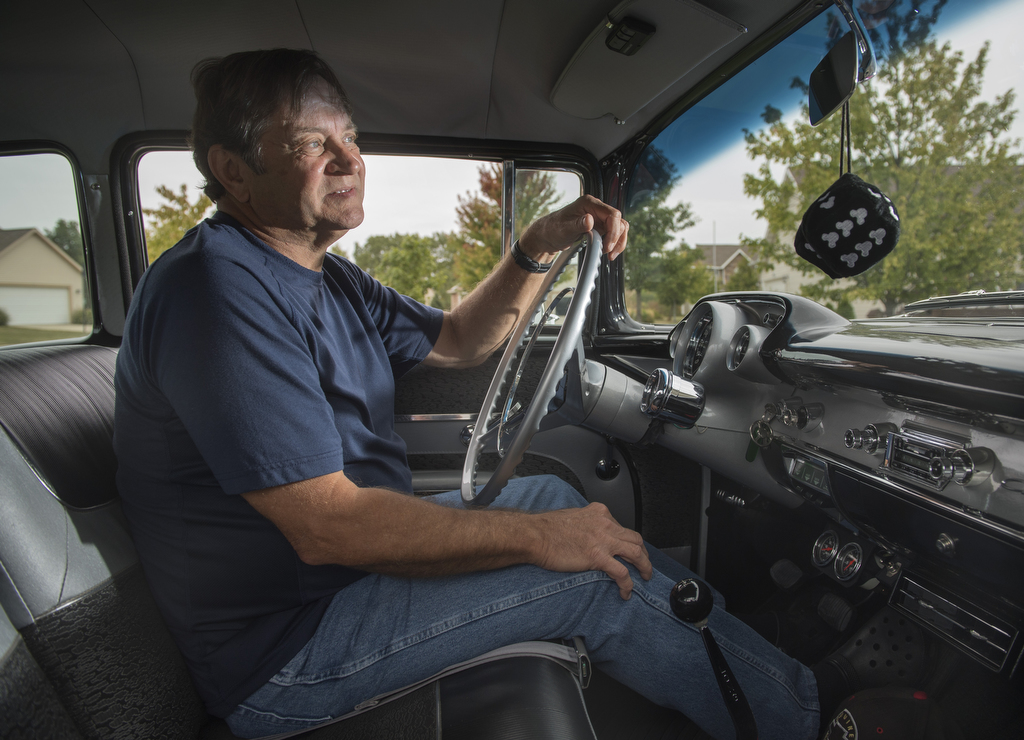
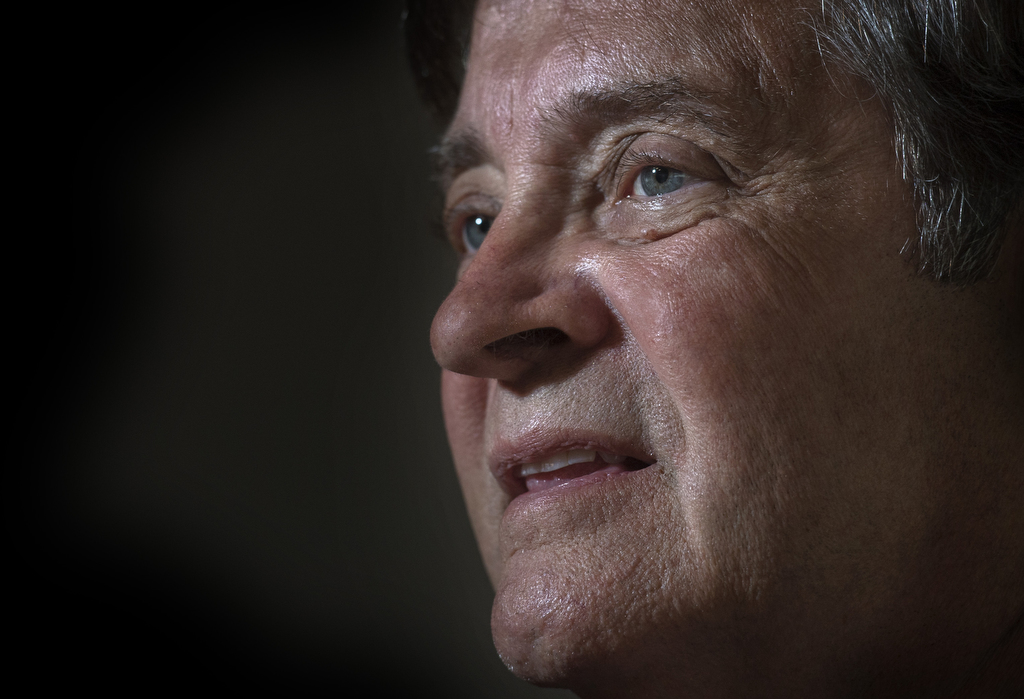
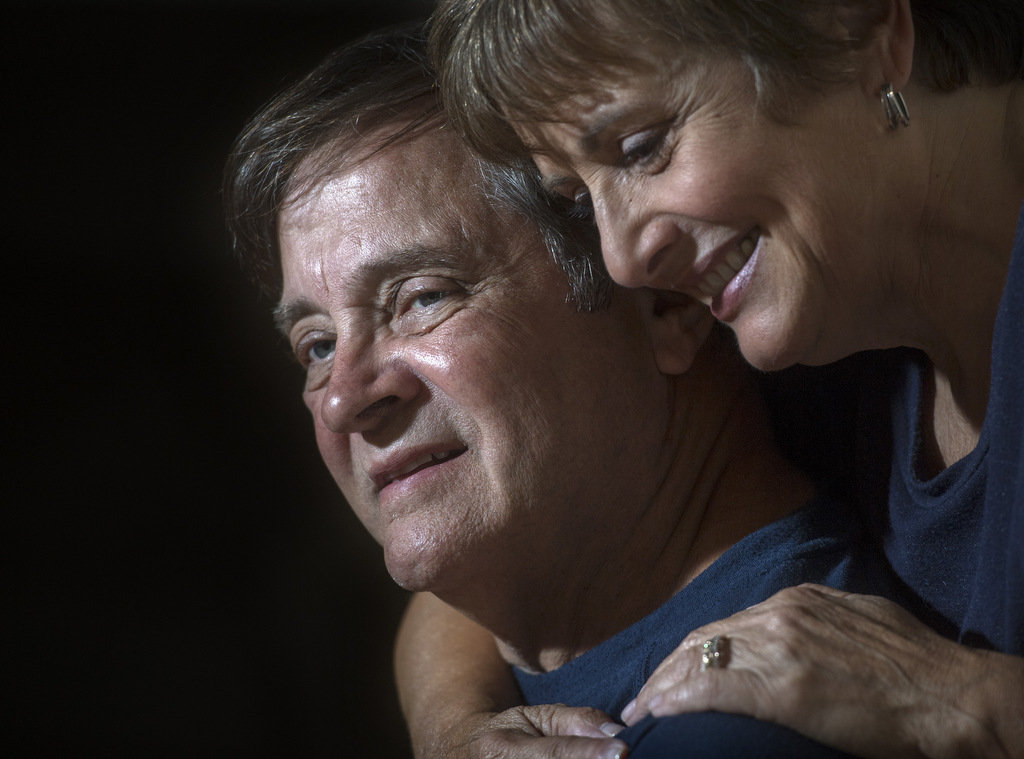
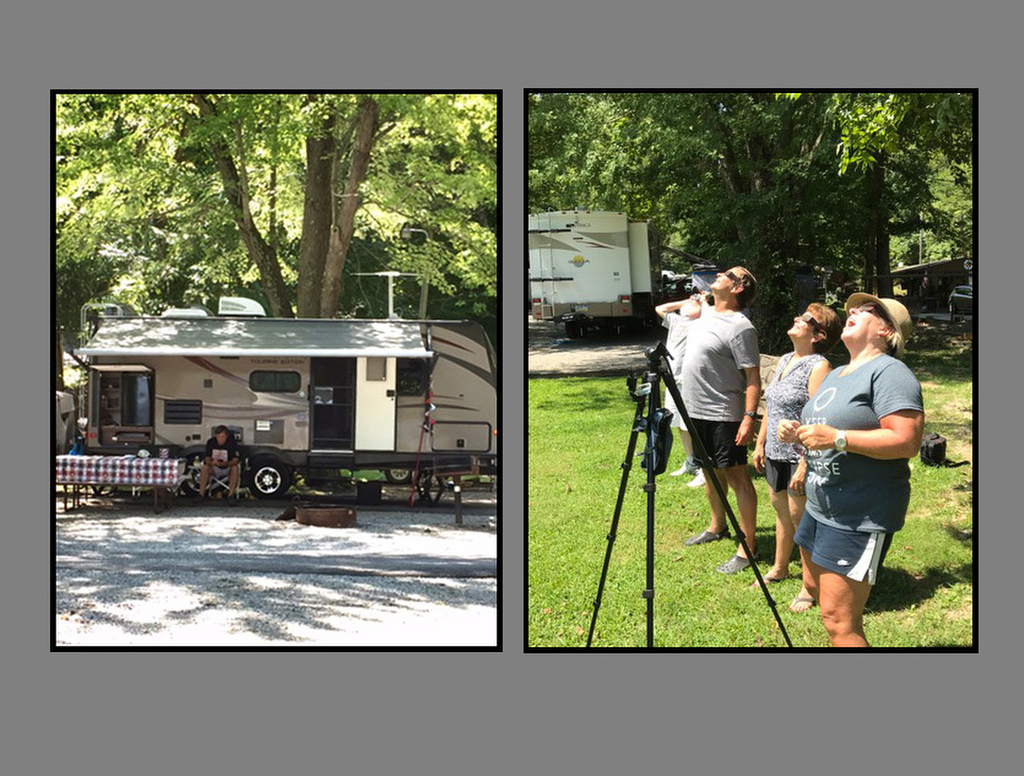
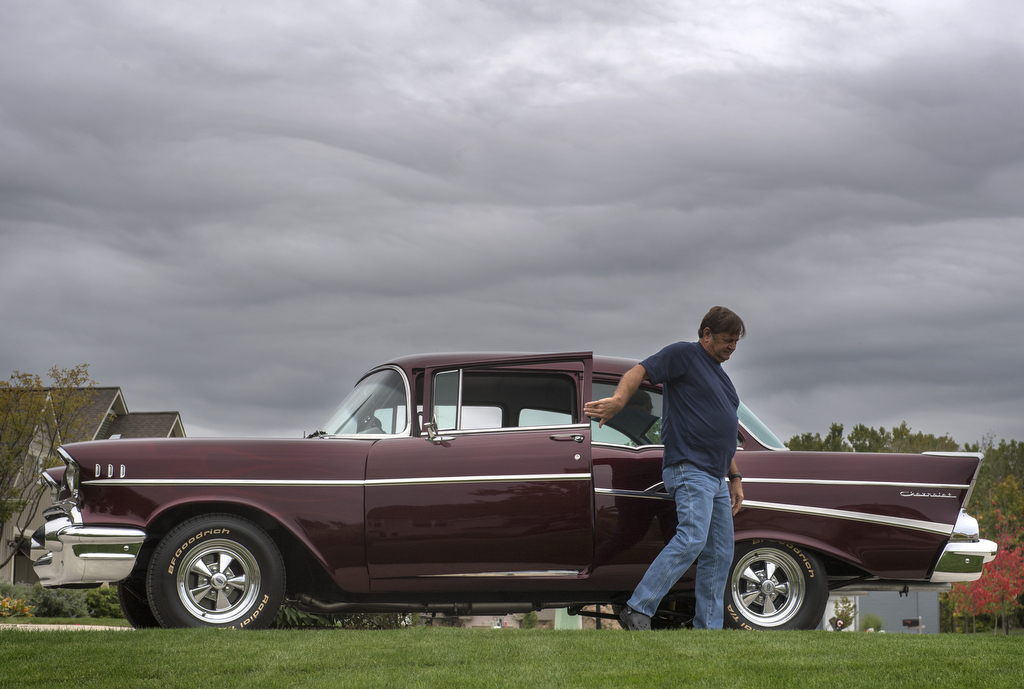

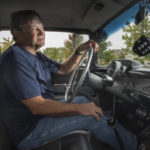



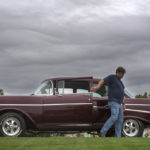
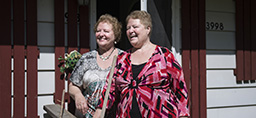 /a>
/a>
 /a>
/a>
 /a>
/a>
Beautiful story, I pray that you continue to stay healthy! My husband had a story in Health Beat also but recently passed away! 💔 His name is Ken White, maybe you can find his story!